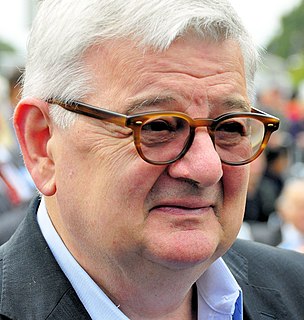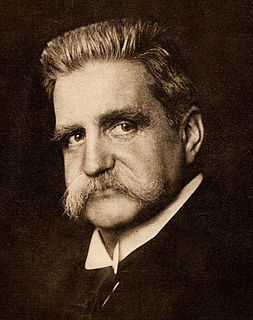A Quote by Dorothy L. Sayers
If it were not for the war, this war would suit me down to the ground.
Related Quotes
During my childhood and teenage years, everything I knew was at war. My mother and father were at war. My sister and I were at war. I was at war with my atypical nature, desperately trying to fit in and be normal. Even my genes were at war - the cool Swiss-German side versus the hot-headed Corsican.
Possibly my hatred of war blinds me so that I cannot comprehend the arguments they adduce. But, in my opinion, there is no such thing as a preventive war. Although this suggestion is repeatedly made, none has yet explained how war prevents war. Worse than this, no one has been able to explain away the fact that war creates the conditions that beget war.
I was after a set of pictures, so that when people looked at them they would say, ‘This is war’-that the people who were in the war would believe that I had truthfully captured what they had gone through I worked in the framework that war is horrible. I want to carry on what I have tried to do in these pictures. War is a concentrated unit in the world and these things are clearly and cleanly seen. Things like race prejudice, poverty, hatred and bigotry are sprawling things in civilian life, and not so easy to define as war.
It seems to me an utterly futile task to prescribe rules and limitations for the conduct of war. War is not a game; hence one cannot wage war by rules as one would in playing games. Our fight must be against war itself. The masses of people can most effectively fight the institution of war by establishing an organization for the absolute refusal of military service.
Particularly when the war power is invoked to do things to the liberties of people, or to their property or economy that only indirectly affect conduct of the war and do not relate to the engagement of the war itself, the constitutional basis should be scrutinized with care. ... I would not be willing to hold that war powers may be indefinitely prolonged merely by keeping legally alive a state of war that had in fact ended. I cannot accept the argument that war powers last as long as the effects and consequences of war for if so they are permanent -- as permanent as the war debts.
When I grew up, in Taiwan, the Korean War was seen as a good war, where America protected Asia. It was sort of an extension of World War II. And it was, of course, the peak of the Cold War. People in Taiwan were generally proAmerican. The Korean War made Japan. And then the Vietnam War made Taiwan. There is some truth to that.



































